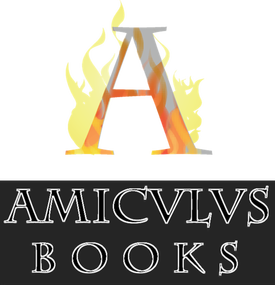
And that's about it.
Look for "Romulus Augustulus" in Procopius, Jordanes, Edward Gibbon or the Anonymus Valesianus and you will find little more than a version of the above paragraph (except for Gibbon, who, in addition to having compiled other historian's accounts, can be a little long-winded.) At the time, the event of Rome's fall in A.D. 476 was largely met with a shrug. This is partly due to the fact that 1) only the Western Roman Empire collapsed in 476; the Eastern half survived for another 1000 years; 2) Rome had long since ceased to be important as a capital; 3) Romulus himself was a complete nobody, a pawn, and an illegitimate pawn at that. The few descriptions of him are entirely derogatory. He is referred to by the cruel nickname Momyllus Augustulus, "the disgraceful little emperor," for the shameful end to which he (through no fault of his own) brought the long, proud line of Western emperors.
There's a tragedy, I think, to the fact that Romulus never had a say in any of this. History has deprived him not only of a voice, but of any identity at all. To that degree, the boy-emperor is a literary tabula rasa, left to the imagination of the writer to fill him in. To some degree, I have done this in Amiculus. Still, in setting this as his own history, I'd like to think he would like the story I have chosen for him.

 RSS Feed
RSS Feed